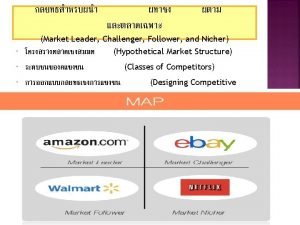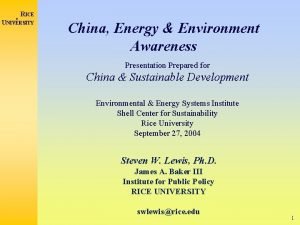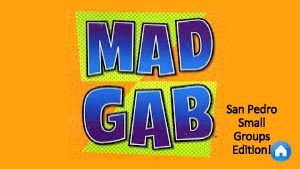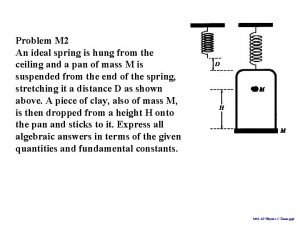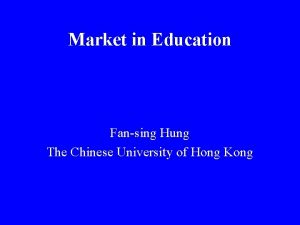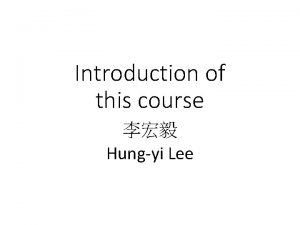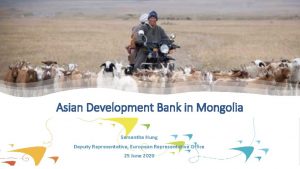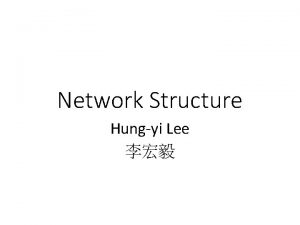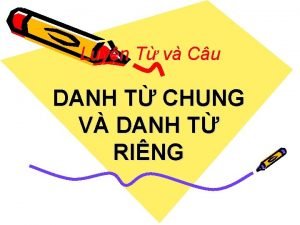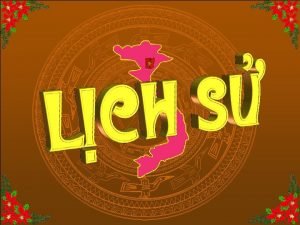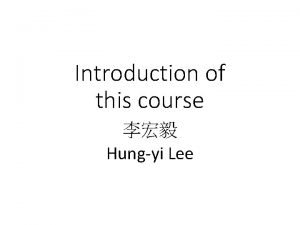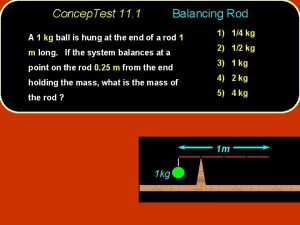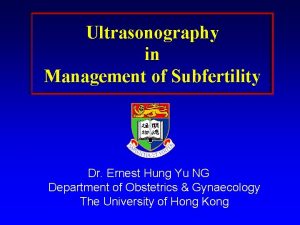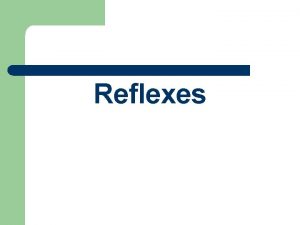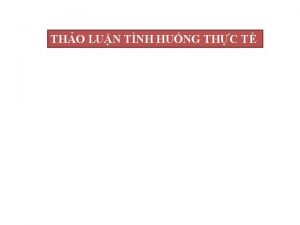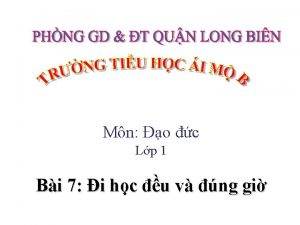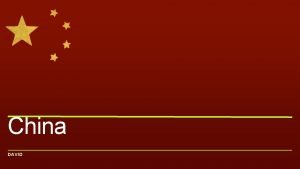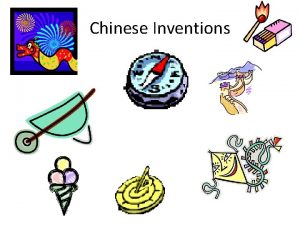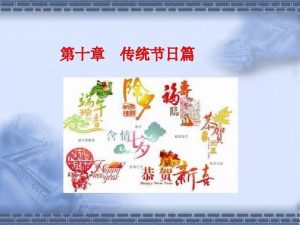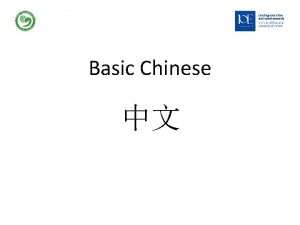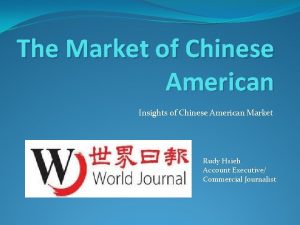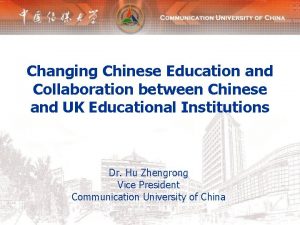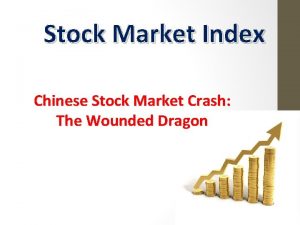Market in Education Fansing Hung The Chinese University






















- Slides: 22

Market in Education Fan-sing Hung The Chinese University of Hong Kong

plan • Government failure: why and what’ll happen? • Public ed. failure: why and what’ll happen? • Market in ed. : mk’t forces, mk’t consequences • finance & operation of ed. : gov’t versus market • School Voucher Scheme • Direct Subsidy Scheme

Gov’t failure: why? • Gov’t monopoly – lack of competition – take for granted • Producer-oriented – no risk-taking, no mistake – red-tape – production according to gov’t officials

Gov’t failure: why? • Non-market decision making – politician interest: election – gov’t bureaucrat & employee interests: expansion, promotion, salary increase, provider captured

Gov’t failure: what will happen? • high price • low efficiency • lack of choice, lack of due attention to consumer preference • slow in change adjustment • market distortion • rent-seeking, corruption, abuse of gov’t power

Public ed. failure: why? • Gov’t officials not educationally professional • Public ed. tends to be – mass production, standardized – top-down, bureaucractic – monopolized by one entity (i. e. gov’t) – risk averting, lack of innovation

Public ed. failure: what’ll happen? • Educational efficiency drops • Educational choice narrows • Educational innovation averted • Lack of educational initiative • Lack of educational incentive • Bureaucrat mindset driven

Market in ed. : market forces • Price determined by free interaction between supply & demand • Consumer preference – choice of school, teaching & learning, curriculum, teachers • Provider motives – quality improvement

Market in ed. : market forces • Information accessible and available – quality of education • Free mobility of resources – school, curriculum, teaching & learning, teachers, materials

Market consequences • Product differentiation (curriculum, teaching & learning, teacher, school, …. • Price competition • Reward/penalty by the market • Innovation stimulated

Finance & Operation of Education • Not necessarily all by the gov’t • Finance can be made by the gov’t if deemed necessary • BUT operation can be in the hands of private individuals/organizations, for or not for profits making

School Voucher System • Eliminate/reduce government bureaucracy • Increase competition among schools • Increase parents’ choice of education • Efficiency in education thus increased in the end of the day

School Voucher System • Universal versus Limited Voucher (scale, target, $ amount, mandatory vs voluntary, …) • However, 3 domains to consider – Finance – Regulation – Information

Direct Subsidy Scheme in HK • Autonomy in student admission, teacher and personnel establishment, curriculum, instruction, fees charged • Gov’t subsidy on per head basis • Much higher subsidy from the gov’t than aided school • Financially enhanced than aided schools

DSS Development

Old and New DSS Compared Year Fee DSS Max Effective Total Income 1988 <= 2/3 X X 1 2/3 X 2/3 X-1 5/12 X X-1/4 X 1 2/3 X >1 5/12 X ¼ X >= 1 2/3 X 2001 <=21/3 X X 31/3 X Gain (or Loss)(2001)-(1988) = + 12/3 X = + 1. 67 times of X






 Primary 2 malay worksheets
Primary 2 malay worksheets Leader challenger
Leader challenger International marketing segmentation
International marketing segmentation Cu library
Cu library Rice university chinese
Rice university chinese Non jupas
Non jupas High eggs hearse sized hay lee
High eggs hearse sized hay lee A spring is hung from the ceiling
A spring is hung from the ceiling Whats a hung jury
Whats a hung jury Dr hung nguyen
Dr hung nguyen Hung fan sing
Hung fan sing 硬train一發
硬train一發 Samantha hung
Samantha hung Hungyi lee
Hungyi lee Vua hùng một sáng đi săn
Vua hùng một sáng đi săn Anh hùng lấy thân làm giá súng
Anh hùng lấy thân làm giá súng Hungyi
Hungyi Yvonne hung mcgill
Yvonne hung mcgill Tranh đền hùng
Tranh đền hùng Substantv
Substantv Ernest hung
Ernest hung Reflex definition
Reflex definition Vua hùng
Vua hùng

